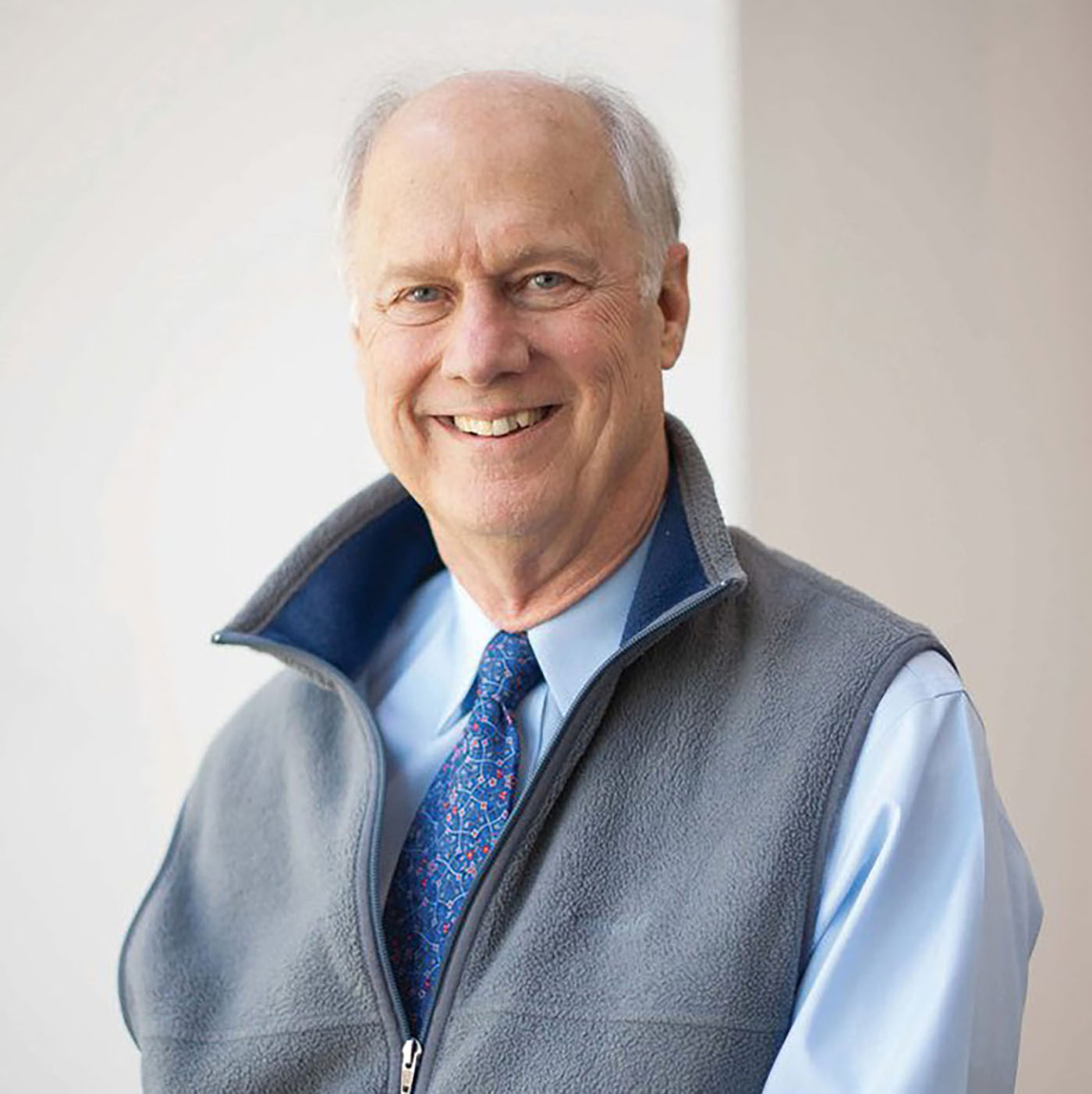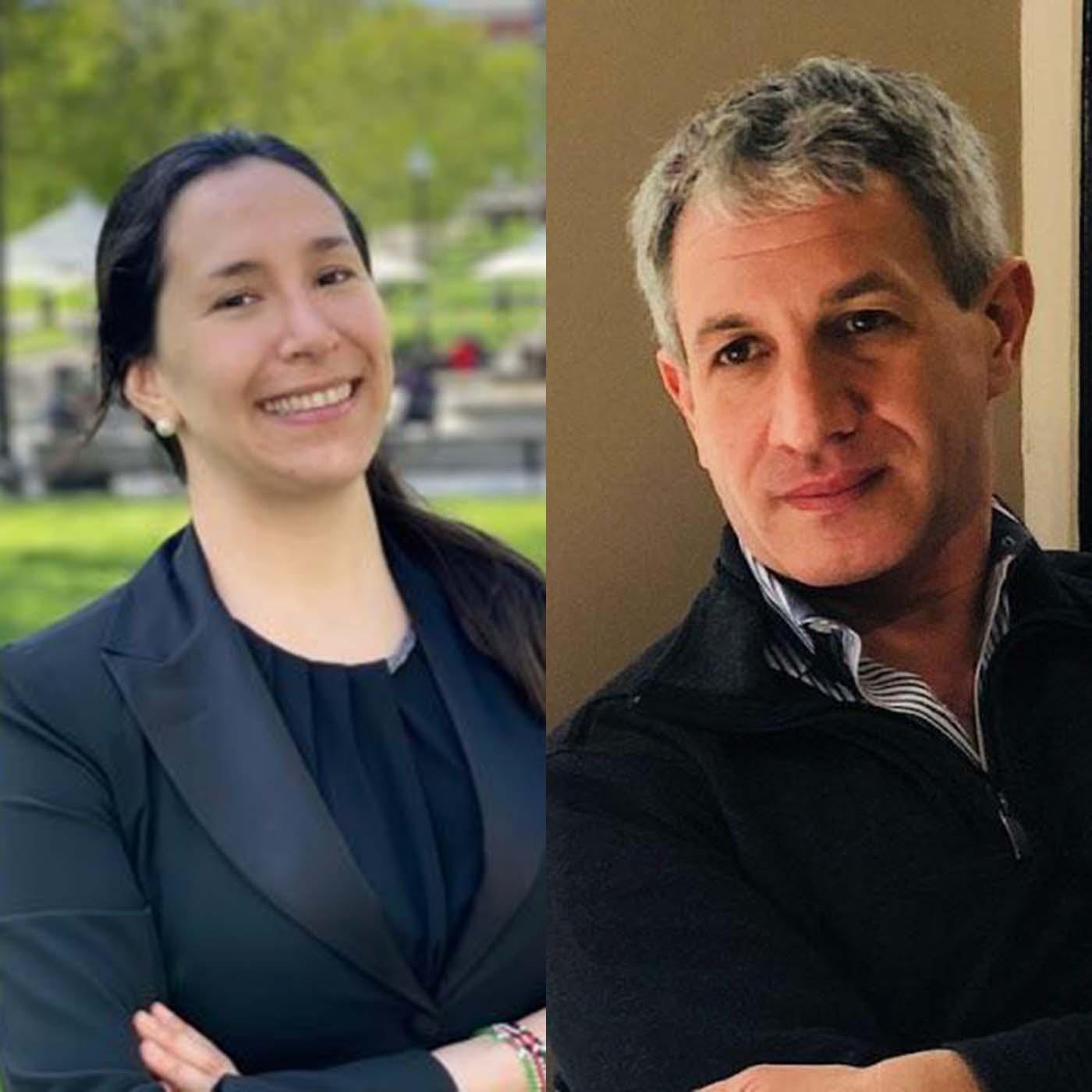E265: Exercise vital to quality of health - especially during weight loss
Description
Everyone knows that it's a good idea to be physically active, but behind that basic knowledge lies a fascinating field of research on the role that physical activity plays in health and in weight control, along with answers to questions such as how much exercise I should get, is there a best time of day to do it, is one type of exercise better than others, etc. Few people can rival Dr. John Jakicic in expertise in this arena. John is a professor in the Department of Internal Medicine in the Division of Physical Activity and Weight Management at the University of Kansas Medical Center. His work has led the field for many years.
Interview Summary
John, I'm not an expert myself on physical activity, but I've been a fan of yours and others in your field for many years. And it just seems to me that it's a vibrant, active, exciting field where almost every day some new finding comes along that confirms the benefits of physical activity or discusses different ways to do it. Can you give us an overview of why being physically active is such a good thing?
I think that if we could take the benefits of physical activity from a health perspective and bottle them up into one pill, we would probably have the most powerful pill that was ever invented. And I think that the reason for that, Kelly, is physical activity pretty much touches every system of the body. Every anatomical physiological system of the body in some way is touched by physical activity. And as long as you're not kind of overdoing it, abusing it, the body is adapting to allow you to do that activity. There's a lot of things that we do where we try to counteract certain things with medications and surgeries. But the one way that we can make the physiology of the body adapt and become healthier, the one real way to do that is through physical activity. And I think it touches so many systems that way, that's why I think we keep hearing about all the pure benefits that we can get from this activity.
Okay. It sounds like it would be easier to have a discussion on or try to find somewhere physical activity is not beneficial. And it's interesting that the body makes room for physical activity by adjusting to whatever the demands of it are. I'm assuming there's some evolutionary reason for this. That people evolved having to be physically active just to get by in day-to-day life. But is that true? Have we inherited something in that regard?
I think we have. And we went from hunter gatherers where you had to take your body and go out and find the food you needed to eat, to we don't have to hunt and gather very much anymore, at least in the US and other developed countries. The most hunting and gathering we do is go to the fast-food restaurant or the grocery store. The body has adapted to that. And I think that's one of the reasons that the body is so resilient. Now you think about it, Kelly, somebody who's had a pretty major coronary event. What's the one thing that gets recommended for them? Become more physically active, start exercising. And the body starts to bring itself back. Not maybe to the way it was before that, but it helps to regenerate the body in ways that other kind of things just don't do it. I think that there's definitely this physiology underpinning that we really need to keep thinking about.
Speaking of coronary events, and you probably know this history way better than I do, so correct me if I'm wrong. But I remember hearing about the important historical role that a cardiologist named Paul Dudley White played with Dwight Eisenhower when he was president. And as I understand the story, Eisenhower had a heart attack, and the prevailing wisdom of the day was let you rest for a really long time after a heart attack. Like the heart was worn out and needed to recover and mend itself. But he reversed that, put that on its ear, didn't he?
Yes, he did, and I think that kind of laid the groundwork for where we are with cardiac rehabilitation and cardiac treatment along the way. And that was probably the groundbreaking thing that happened where don't be afraid to start moving. And that has now evolved to diabetes, cancer treatment. You start to name all the conditions where it seems like activity is good. Even if you've had these conditions, as you go through your treatment plan.
We've focused mainly so far on the physical benefits of physical activity. What about the psychological ones?
I think that there's probably so many of those too, Kelly, and this is maybe where you know more than I about some of these types of things. But there's such great data that came out, maybe 20 years ago, where we were seeing studies coming out looking at depressive symptomatology, for example. And some of the stunning findings they were that people, even with known depression, could benefit and actually reduce their depressive symptomatology with at that time aerobic forms of physical activity. I think it's evolved to all types of different forms of physical activity. So, we have these depressive symptoms that can be dealt with, or maybe even prevented. We've seen it with mood and enjoyment, you start to just start going down the list. And I think the most evolving field that we're seeing right now is just in terms of the entire brain. You know, brain functioning, cognition. And we're realizing that the brain itself is an organ and physical activity in some way is actually impacting that as well. So, it's not just the physical, it's the emotional, it's the psychological. It's this overall wellbeing that we like to talk about.
You mentioned the work on the brain. Is this effect that you're talking about showing up in studies of risk for dementia and Alzheimer's and things like that?
It absolutely is. And I think we're still trying to completely understand the mechanisms by which this is occurring. Is it because activity is having some effect on inflammatory markers? Is it having something to do with blood circulation in the brain? Is it affecting other biomarkers that we hadn't thought about before? But yes, absolutely. It's affecting cognition. It's affecting dementia. It's affecting Alzheimer's. And we're finding that this is a really important thing for older adults. And I think the field is exploding at this point in this space.
Let's get back to the physical benefits of exercise and talk about how they occur. One might think that physical activity exerts its influenced by affecting something like a risk factor, which in turn is what's affecting health. So, you're being physically active, it helps regulate your blood pressure and it's the regulation of blood pressure that's producing the overall health benefit. So, it's exercise does X, fill in the blank, and then that creates Y benefit. But is there a direct line between the exercise and the physical health? It doesn't go through risk factors like that. How does that work?
Yeah, I think that it somewhat depends upon what the outcome is that you're looking for and what you're trying to move. And it gets a little, I'll say wonky. Because at some point there are intermediaries along the way that are probably impacted. Just for example, we've done studies in the field of obesity with physical activity that found that not only is the activity affecting the risk factors, the blood pressures, the insulin, the glucose. But it's affecting like the cardiac tissue itself. It's affecting the factors that are affecting that cardiac tissue. It's affecting the blood vessels themselves. Now, they're clearly intermediaries, but they're probably not the traditional risk factors we're thinking about. They're probably more signaling mechanisms, mitochondrial factors, these types of things that are more physiologically based as opposed to what we would consider our traditional risk factor base. I think the thing that we've known now for a long time, you go back to some of the Harvard fatigue laboratory studies where they were actually trying to get performance out of individuals. How do you get people to perform at a higher performance? Basically, the equivalent of being an athlete nowadays. And what you find is that, yeah, that's how you get people to perform at a high level. But that's also how you get people healthy in everyday life. We really learned how if you stress the body a little bit, the body adapts and makes it stronger as you go forward.
It's good to know that, and it doesn't hurt to get wonky sometimes. That's a very interesting d
























